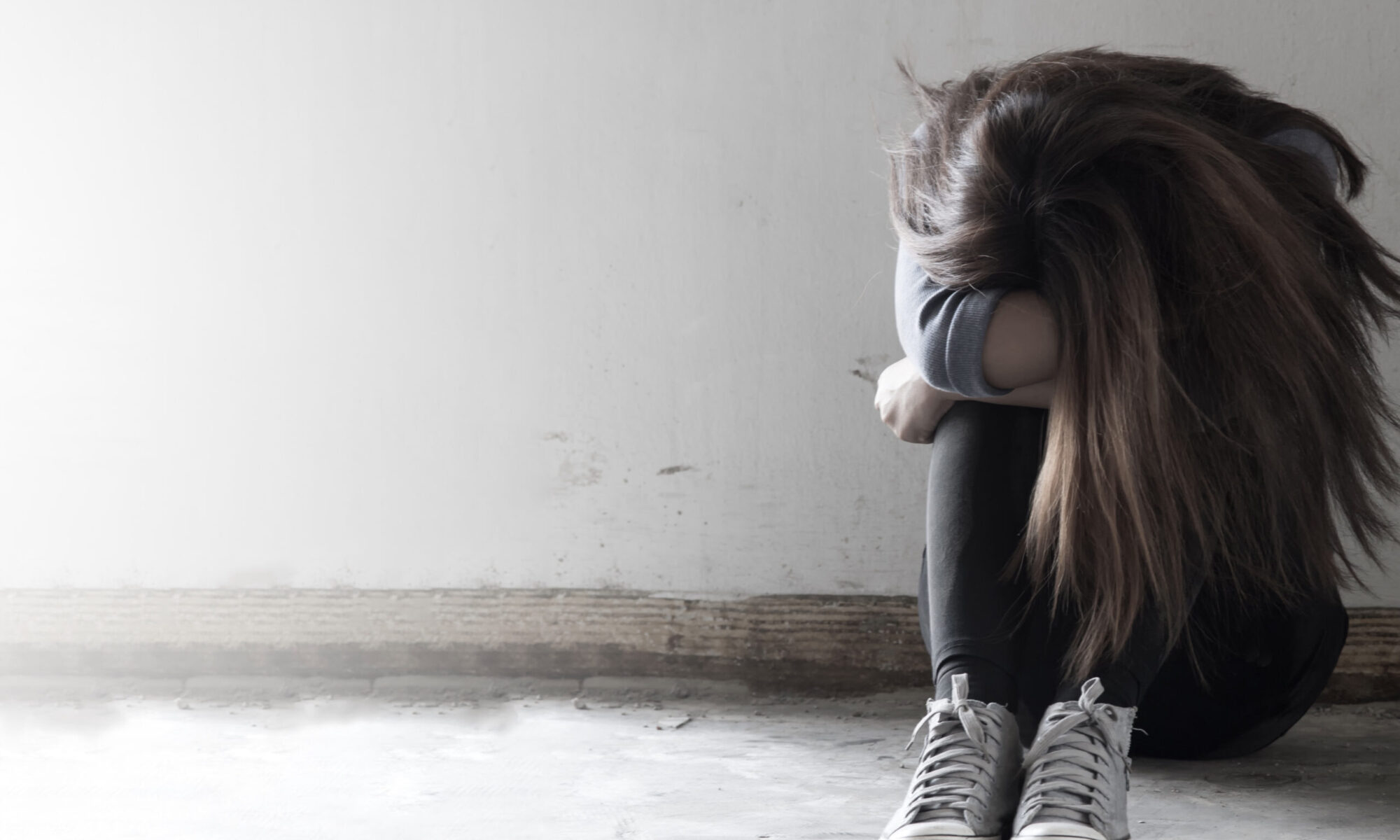And No One Saw It Coming
Q&A with Marci Glidden Savage
Following the deaths of my two husbands by suicide, I experienced how differently this type of death is viewed by family, friends and society at large. I also understood why many families choose to keep a suicide death private. The feeling of shame, along with judgements leveled at your loved one is overwhelmingly painful and difficult to navigate. I believe we need to focus on the “causes or conditions” leading to suicidal deaths, not just the manner of death. Remaining silent adds to the problem. I want to be part of a solution to the problem, and in order to ask others to talk about their experiences, I must be willing to talk about my story first.
I believe most people would agree – grief is hard, very, very hard. Grief is the consequence of losing someone you love, and most of us are unprepared for the tidal wave of emotions grief brings. When you lose a loved one by suicide, your grief is further complicated by preconceived judgements or speculations as to “why”, the social stigmas associated with suicide and endless unanswered questions. In fact, the American Psychiatric Association ranks the trauma of losing a loved one to suicide as “catastrophic.” My grief was messy and haunting. Many people around me didn’t know what to say, so they said nothing at all, leaving me to wonder what they thought. No one was applauding how hard my husbands fought against an illness or how much pain they endured, because the illness wasn’t seen or recognized. Many people battling a mental health illness, such as depression, spend all their energy on presenting a socially acceptable outer appearance at the expense of depleting the mental strength needed to battle the illness no one sees on the inside. After my husbands died I heard comments such as – “How selfish to leave you like that.” “That’s not the man I knew,” “There must have been financial or marriage problems.” “How could he just check out like this?” “Do you think he went to heaven?” “It’s best to not tell too many people how he died.” “He’s a coward.” Yes, grief is very different following a suicide death.
There are many stigmas surrounding death by suicide like, it’s a selfish, it’s a cowardly act, it’s a choice, it’s a sign of weakness, and it’s a sin. Mental illnesses have been historically subject to stigmatization and judgement, not just here in the U.S, but around the world. In ancient Greece a stigma was a brand used to mark criminals and slaves and in the Middle Ages, people who had mental illnesses were imprisoned or burned at the stake. These are century old stigmas, and like many others, I strongly believe the continued perpetuation of these stigmas keeps people from seeking help and adds to the increase in suicidal deaths. In the beginning, when faced with these hurtful and harmful allegations about my husband’s deaths, I simply walked away from the conversation or said I didn’t want to talk about. Now, I implore people to inform themselves on the historical origin of these stigmas and take a serious look at what researchers and mental health professionals say about suicidal deaths. We can’t afford to silence this conversation any longer. Suicide is the 10th leading cause of death in the U.S. and rising. We can save lives if we put our energy towards eliminating these biased attitudes and ill-informed beliefs and start treating mental illness like we treat other illnesses like, Cancer, Heart Disease, Diabetes, etc.
I’m happy to say I’ve already had the privelage of hearing from readers about the impact the book has made in their lives, and the truth is I’m humbled. My hope from the beginning was that my story would be of help to others. For readers who have a personal connection with suicidal deaths, I hope they find a measure of peace knowing they are not alone and the courage to talk about their own experience. We can’t be silent any longer. For the reader looking for ways to help someone who has lost a loved one to suicide, I hope you find a way to become their “lean in hero.” For the reader who is trying to understand why anyone dies by suicide, I hope they want to know more about this growing epidemic and will join the conversation. None of us can afford to stay silent any longer. And for the reader who sees the harm social stigmas play surrounding mental health and suicide, I hope they, “Game over and Game on, insidious opponent. We will be silent no more!”
First, I would say how sorry I am for their loss, acknowledge how complicated their grief might be, emphasize that they are not alone, and they can and will get past it. And then tell them these are three key things that helped me:
- Find a way to accept that the fact that there may always be unanswered questions.
- Work hard to offer forgiveness to your loved one, to those around you who judged, speculated and caused more hurt, and, to yourself – this was NOT your fault.
- Chose to live. Move forward at your own pace, but move forward. There are no timelines on grief, it’s a very personal and unique journey. Your loved one’s live has ended – yours has not.
